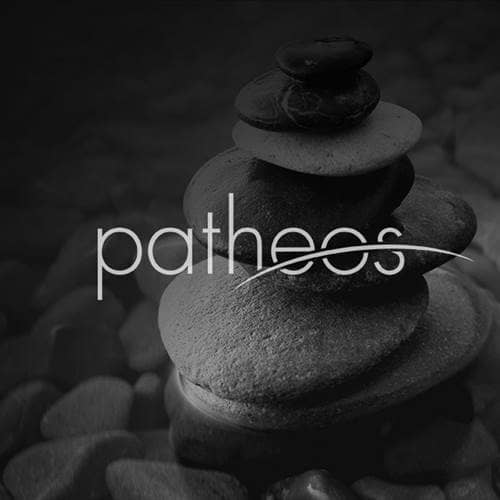- Trending:
- Pope Leo Xiv
- |
- Israel
- |
- Trump
- |
- Social Justice
- |
- Peace
- |
- Love
PATHEOS LIBRARY OF
World Faiths & Religions
Frequently Asked Questions
I always hear about Islamic law? What is that?
Like Judaism, Islam is a religion in which distinctly religious laws of conduct and ritual play a large part and cover every detail of daily life. Mainstream Islam states that religion dictates not only what one should believe, how one should pray and conduct oneself ethically but also how and what one can eat, drink, buy and sell. From the origins of Islam, Muslims have believed that all actions are subject to God's will and governed by an ideal sacred law, known as the Shariah. In practice Muslims legal scholars (called a faqih, pl. fuqaha') disagree on many matters of law and ritual, but they see this as acceptable (despite a long tradition of arguments and debate) difference of opinion in the fallible human effort to understand God's will. Muslim scholars all agree, for example, that fornication and drinking alcohol are forbidden, but there is disagreement on exactly how to perform ritual ablutions for prayer or whether or not one can have a bank account that generates interest (interest is associated with usury, which is forbidden in Islamic law). There are four orthodox schools of law in Sunni Islam, and two in Shiite Islam. In the modern period, prominent Muslim scholars and intellectuals have called for the reform and reinterpretation of Islamic law to meet modern needs and in light of the modern world. Whether or not, and how, Islamic law should be tailored or reformulated according to modern norms such as human rights, modern finance and social realities is the single largest debate amongst Muslims today. At the heart of the issue is the question of whether Islamic law in its historical form is a reliable representation of God's will or whether human biases and foibles have influenced its formation. If the former is the case, how should Muslims explain the conflict between the Shariah and norms that many non-Muslims today consider absolute (such as human rights and absolute equality of the sexes)? If the latter, how should Muslims reinterpret their law without losing all notions of religious authenticity or letting what may be whims of political correctness overrule what may be God's will for our behavior?
Editor's picks See all columnists










